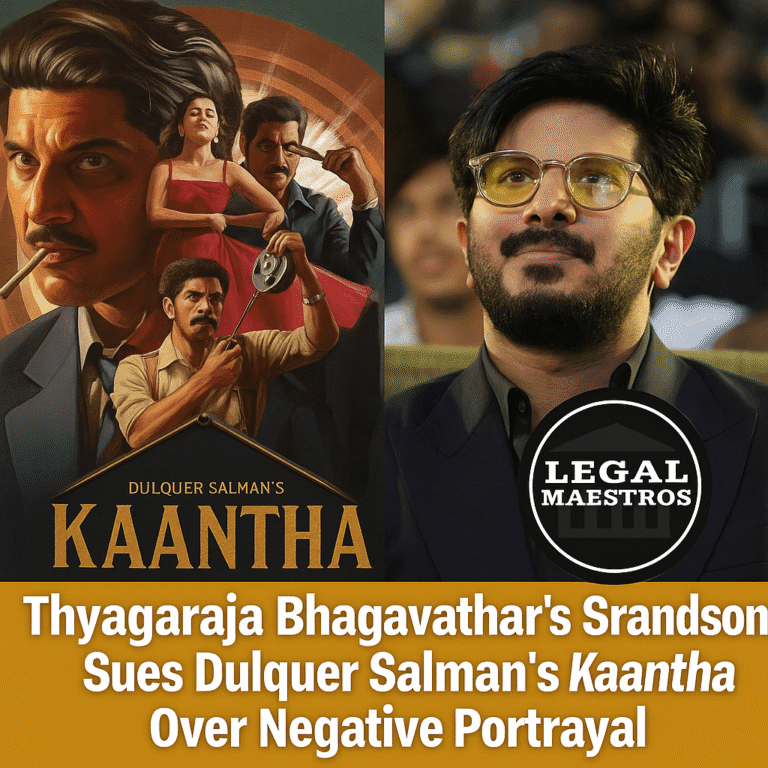
Former CJI Chandrachud: One Nation One Election Bill Not Unconstitutional, Needs Refinement
Introduction
Alright, here’s the deal: India’s democracy? It’s basically this wild, patchwork quilt messy, colorful, and stitched together from a bazillion different elections happening all over the place, all the time. Now, ex-Chief Justice Dhananjaya Chandrachud? He chimed in and said, “Hey, this whole One Nation One Election thing isn’t technically against the rules, but it needs some tweaks.”
That’s lawyer-speak for, “Nice idea, but let’s not rush it.” Anyway, this write-up breaks down the big stuff from the Constitution (One Hundred Twenty Seventh Amendment) Act 2023. No legal mumbo jumbo here—just the important bits, with some down-to-earth examples so you don’t need a law degree (or a triple espresso) to get what’s going on.
Understanding the Act and Its Purpose
That’s just the part where they slap on the official name: India One Nation One Election Amendment Act. It’s like naming a TV show, honestly. You need that title up front, right? Otherwise, how would anyone know what they’re tuning in for? That’s all Section 1 is doing—just putting the label on the box.
For any queries or to publish an article or post or advertisement on our platform, do call at +91 6377460764 or email us at contact@legalmaestros.com.
For More Updates & Regular Notes, Join Our WhatsApp Group (https://chat.whatsapp.com/DkucckgAEJbCtXwXr2yIt0) and Telegram Group (https://t.me/legalmaestroeducators): contact@legalmaestros.com.
Section 2: Amending Article 83
Section 2 tweaks Article 83 of the Constitution. Before, it just said the Lok Sabha gets five years unless they pull the plug early. Now? They’ve basically given themselves the green light to line up national elections with state assembly ones. Picture a bunch of dominoes, all perfectly lined up tip one, and boom, they all go down together.
Section 3: Amending Article 172
Section 3 basically tweaks Article 172 the rulebook for how long state legislative assemblies stick around. Before, every state had its own five-year timer ticking away. After this amendment? States can hit a reset so their election schedules sync up with the Lok Sabha’s five-year routine. Imagine it like school: if one class shows up late, they might finish a bit later too, just so everyone sits for finals together. Makes things less chaotic, right?
For any queries or to publish an article or post or advertisement on our platform, do call at +91 6377460764 or email us at contact@legalmaestros.com.
Section 4: New Provisions in Article 368
Section 4 basically tosses a new twist into Article 368 the bit that lays out how you can mess with the Constitution. Now, it’s not just Parliament that gets to have all the fun. If they want this One Nation One Election thing to actually happen, state assemblies have to sign off too.
Section 5: Special Rules in Article 85 and 174
Article 85 Parliament’s Gotta Show Up So, Article 85 is basically Parliament’s alarm clock, making sure our Lok Sabha and Rajya Sabha don’t just ghost us for months on end. The rule says both Houses have to meet at least twice a year no excuses. And yeah, there can’t be more than six months of “Parliament vacation” between sessions.
It’s kind of like your school principal forcing everyone back to class after a long break. You might want an endless holiday, but nope, gotta show up and do the homework (or in this case, pass laws and argue about stuff). Even if there’s an election or some political chaos, they still have to reconvene before half a year’s up. Keeps the government on its toes, you know?
For any queries or to publish an article or post or advertisement on our platform, do call at +91 6377460764 or email us at contact@legalmaestros.com.
Article 174 State Legislatures Can’t Slack Off Either Now, Article 174 is the same vibe, just for the States. The Governor’s the one with the power here has to call in the State Assembly (and Council if there’s one) at least twice a year. Can’t let more than six months go without a meeting.
The Governor can also hit “pause” on the sessions or even dissolve the Assembly, usually because the state government told them to. Picture a company board doesn’t matter if the CEO jumps ship or the office is on fire, the board’s still gotta meet to check the accounts and talk business, at least every six months. That’s the whole point: keep state governments from going AWOL.
Chandrachud’s Concerns: Power and Precision
Yeah, Justice Chandrachud was basically like, “Okay, sure, this idea works with the Constitution’s core, but let’s not go nuts handing the ECI a blank check.” He warned about giving them too much power without some serious guardrails.
For any queries or to publish an article or post or advertisement on our platform, do call at +91 6377460764 or email us at contact@legalmaestros.com.
He really hammered on getting the details right otherwise, you’re just asking for trouble. I mean, it’s kind of like letting a referee run wild in a game. You want them to call the shots, but you still need solid rules so they don’t just start making stuff up or playing favorites.
Why Refinement Matters
Synchronized elections sound kinda slick on paper, right? One giant voting day, less cash down the drain, no endless waves of election drama honestly, who wouldn’t want to swap a bunch of scattered voting days for one big national event? But, man, here’s the catch: you mash everything together like that, and suddenly the little guyssmall towns, niche causes, folks always on the fringe just get drowned out by all the noise from the big players.
It’s like blasting your favorite band, but the drummer’s just gone missing in the mix. Democracy’s supposed to be a bit more like a garage jam session everyone gets their solo, not just the lead singer.
For any queries or to publish an article or post or advertisement on our platform, do call at +91 6377460764 or email us at contact@legalmaestros.com.
Conclusion
Oh man, the whole “One Nation, One Election” thing in India? Kinda wild, honestly. On paper, sure, it sounds like a neat way to tidy up the chaos—fewer elections, less money down the drain, maybe politicians can actually get stuff done instead of always being in campaign mode.
But let’s not kid ourselves, it’s not as simple as flipping a switch and suddenly everyone’s holding hands singing the national anthem. Justice Chandrachud’s basically waving the “slow down, people” flag, and he’s got a point.
You mess with elections, you’re messing with the heart of how India works. Gotta get super clear about who’s in charge of what, don’t bulldoze over all those local flavors that make India, well, India, and for the love of all that’s holy, make the laws make sense so we don’t end up in some bureaucratic circus.
For any queries or to publish an article or post or advertisement on our platform, do call at +91 6377460764 or email us at contact@legalmaestros.com.




